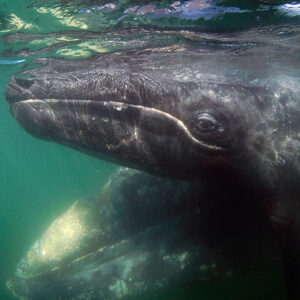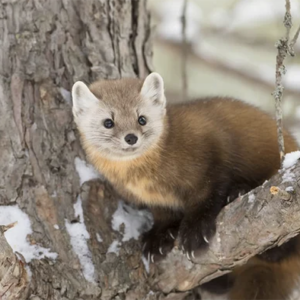
A recent study published in Nature proposes an intriguing notion: bumblebees possess the ability to impart complex behaviors to their peers, echoing the way humans transmit knowledge. The findings challenge the notion that such social learning mechanisms are exclusive to humans and our ancestors.
In this study, a bee was trained to solve a puzzle in exchange for a sugary reward. Remarkably, this bee was then able to effectively teach other bees to accomplish the same task. This demonstrates that bees can engage in social learning of behaviors previously believed to be beyond their cognitive reach, resembling the way humans transmit knowledge within societies.
The concept of culture often evokes human society, but at its core lies the transmission of socially learned behaviors over time. Interestingly, evidence suggests that animal culture, like human culture, can be cumulative. This means that animals, including bees, can build upon existing behaviors, creating a cultural heritage that persists across generations.
Human cumulative culture involves the transmission of highly complex behaviors that exceed the capacity of any single individual to independently discover during their lifetime. This study challenges previous assumptions by showcasing similar capabilities in bumblebees, which are traditionally considered to be at the lower end of the intelligence spectrum among animals.
In essence, this research sheds light on the fascinating parallel between human and bee societies, suggesting that social learning and the transmission of complex behaviors are not exclusive to humans but are shared across species.
“You and I are both, biologically speaking, African apes, but I am writing this on a laptop in Cornwall, and you might be reading it in Colombo, Caracas, or Canberra,” co-author of the study Alex Thorton had written. “This reflects one of the most remarkable attributes of the human species—the progressive improvement of skills and technologies as innovations spread and are built on.”
Bumblebees exhibit remarkable social behaviors, showcasing their ability to acquire non-natural skills through social learning to obtain rewards. In a study led by Alice Bridges, Lars Chittka, Alex Thorton, and their team, the researchers delved into the complexity of bumblebee learning by designing an intricate two-step puzzle box.
This puzzle box presented a challenging task: initially, the bees had to navigate an obstacle to unlock a rotating lid, revealing a coveted sucrose reward. Despite being given a substantial 24-day period, none of the bees from three separate colonies succeeded in solving the puzzle through individual trial and error.
However, the experiment unveiled an intriguing facet of bumblebee behavior. Demonstrator bees, trained over a span of approximately two days, could efficiently tackle the puzzle, often requiring a reward to reinforce their understanding of the initial step. This observation highlights the bees’ capacity to learn from their peers and adapt to complex tasks through social interactions within the colony.
“Imagine you dropped some children on a deserted island, they might with a bit of luck survive,” said Dr. Chittka, a professor of sensory and behavioral ecology. “But they would never know how to read or to write because this requires learning from previous generations.”
Nevertheless, untrained bees swiftly acquired the skill to unlock the two-step box by observing these demonstrators, even without receiving a reward initially. These results indicate that bumblebees possess the capacity for social learning and potentially cultural transmission.
What are your thoughts? Please comment below and share this news!
True Activist / Report a typo


